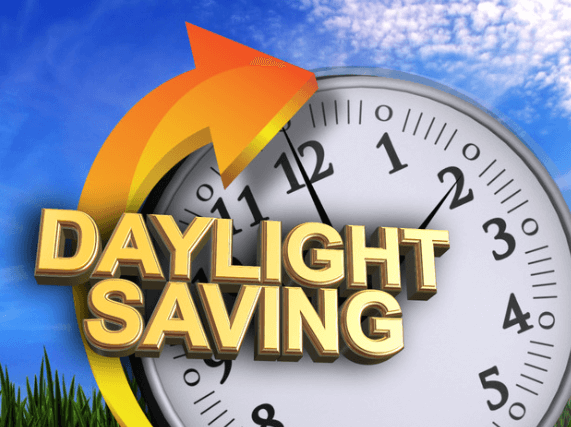The change in daylight saving time will force most of us to get up and set our clocks an hour ahead, which effectively advances an hour of daylight from daytime to nighttime, give us those long summery nights. Whether or not the practice really brings down energy bills is still quite debatable, but it is the physical and emotional toll brought on by the subtle time change that makes all the difference.
The Effects of Daylight Saving Time on Your Eyesight
As per the National Safety Council, a driver’s reaction depends on his or her vision, up to 90%. During daylight savings time, research suggests that around a third of all vehicle drivers complain about vision issues when driving in the darkness. Poor eyesight contributes to greater risk of injuries, especially at night. Specific difficulties, such as the inability to read road signs, road hazards, pedestrians and headlight glare, from other vehicles. In older drivers, vision problems are more prevalent.
The general concept behind this is the subtle changes in our circadian rhythms and sleep patterns that in turn influence our ability to concentrate on things. This inability to concentrate either while driving or while doing other activities, such as office work or studying, can put strain on the eyes. Although there isn’t sufficient evidence to back the harmful effects of DST on eyesight, it sure does impact people whose eyesight is already affected and those who wear glasses.
According to a nationwide survey conducted by Shedding Light on Driving in the Dark, 515 participants who wore glasses reported some kind of vision problem. 32% of the drivers face trouble seeing most or all the time when driving in the dark, while 26% claimed to be having trouble making out road signs. 20% acknowledged difficulty spotting road turns while 20% admitted to having trouble seeing pedestrians or animals. Lastly, 22% of the participants reported issues in judging distance when driving at night.
Besides messing the eyesight, daylight savings time bring other health issues, such as sleep deprivation, longer hours spent on electronic devices, and more headaches and a feeling of exhaustion in general. Sleep deprivation is a serious issue that can trigger a number of health problems, such as stress, blurry vision, low concentration level and strained eyesight. To avoid these problems, what you need to do is create a sleep-friendly environment so that your whole body, including your eyes can get enough rest to be able to function properly.
Set up an environment that improves your chances of falling asleep, sleeping peacefully, and for a longer period of time. The basic things you can do here is avoid alcohol and caffeine, exercise prior to sleeping and create relaxing rituals to calm yourself before bed. This includes taking a hot bath, wearing eye masks and ear plugs, just to name a few. Even though there is not enough evidence about how different diets affect your circadian rhythm, but carbs in general make it easier to fall asleep.




